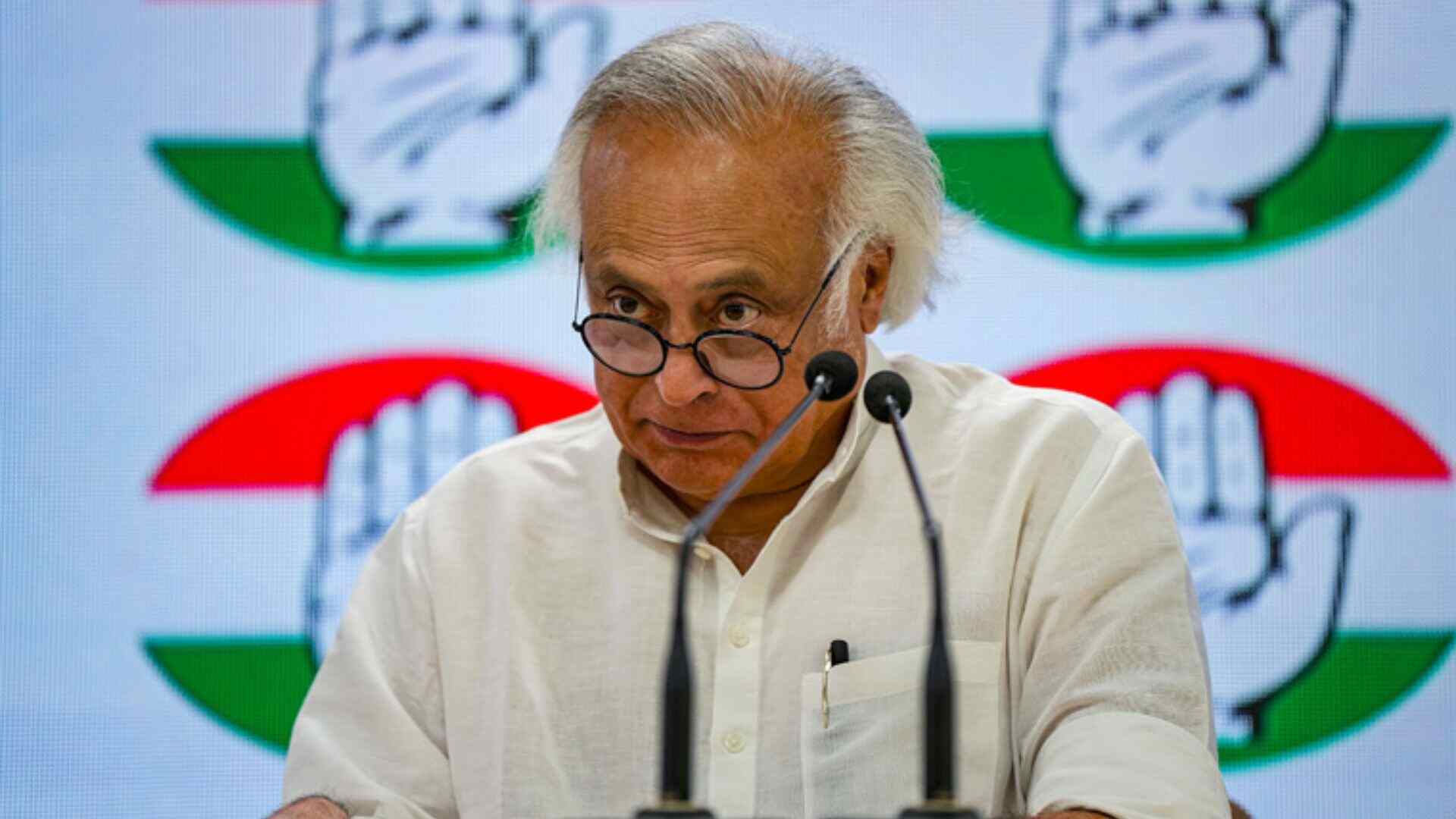Congress leader Jairam Ramesh took a veiled dig at the BJP-led central government on Wednesday, referencing a report by credit ratings firm India Ratings that confirms what the grand old party has repeatedly warned about: the non-biological Prime Minister’s systematic bludgeoning of India’s MSMEs and informal businesses, which has resulted in an economic catastrophe.
In his statement, Ramesh, who also serves as the party’s general secretary and communications incharge, stated, “A new report by credit ratings firm India Ratings has confirmed what the Indian National Congress has repeatedly warned: the non-biological Prime Minister’s systematic bludgeoning of India’s MSMEs and informal businesses has been an economic catastrophe. Three shocks in particular have been devastating.”
He criticized the government for the surprise announcement of demonetisation on November 8, 2016, which he claimed virtually halted all economic activity for several months without bringing clear economic or social benefits.
Ramesh also highlighted the botched rollout of GST in July 2017, citing a convoluted tax structure, high compliance burden, and punitive enforcement as detrimental to the economy. He further criticized the government’s decision to impose a nationwide COVID-19 lockdown on March 24, 2020, without adequate preparation or an economic program to protect the informal sector.
According to Ramesh, India Ratings has quantified some of the devastating effects of these shocks, noting that the unorganised sector, which contributes over 44% to India’s Gross Value Added (GVA), saw significant setbacks. “The unorganised sector grew at a Compound Annual Growth Rate (CAGR) of 7.4% between FY11 and FY16 but has since contracted annually by 0.2% on average. By FY23, GVA by unincorporated businesses was 1.6% lower than FY16 levels, costing India 4.3% of its GDP or Rs 1.3 lakh crore,” he stated.
Quoting the report, Ramesh added that 63 lakh informal enterprises shut down due to these shocks, resulting in the loss of 1.6 crore jobs. “At a time when a record number of youth are entering the labour market, the Modi Government was destroying jobs,” he lamented, citing the report.
Ramesh also pointed out the decline in manufacturing jobs from 3.6 crore in FY16 to 3.06 crore in FY23, criticizing the government’s handling of India’s manufacturing sector despite the “Make in India” initiative.
“The Indian National Congress has consistently warned the non-biological Prime Minister about these consequences. Dr. Manmohan Singh described demonetisation as ‘organised loot and legalised plunder’ in Parliament,” Ramesh remarked.
He also mentioned Rahul Gandhi’s concerns about GST’s impact on job-creating MSMEs, referring to it as neither a Good nor a Simple Tax. “In April 2020, following extensive consultations with stakeholders, the INC proposed a five-point program to revive the informal sector amidst the COVID-19 pandemic,” he added.
Highlighting the party’s Nyay Patra 2024, Ramesh outlined proposals to revitalize the informal sector, including establishing GST 2.0 with a single moderate rate, providing relief for small taxpayers like MSMEs, and ensuring a level-playing field to counter monopolisation and oligopolisation.
Ramesh concluded by stating that 140 crore Indians are now bearing the economic consequences of the non-biological Prime Minister’s cronyism, arbitrary policymaking, and refusal to engage constructively on issues.







